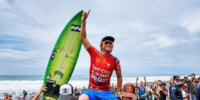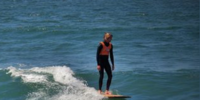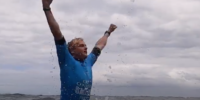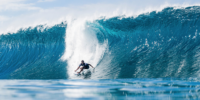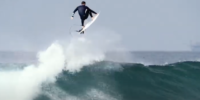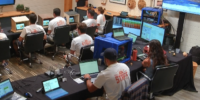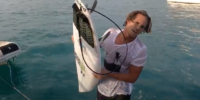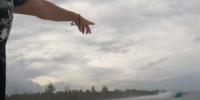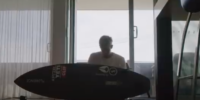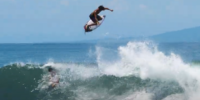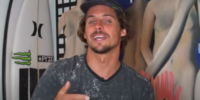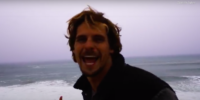A few days ago, Canadian Peter Devries eloquently informed the surfing world through his Instagram account of the culmination of a 20-year relationship with the Hurley brand. A successful run by any measure of which was also notable for the level of commitment, loyalty, and professionalism from both sides. Devries, along with the Bruhwilers, and others, literally put Canadian surfing on the map by working very hard to make a name for themselves and the brands they represented. To accomplish what Peter and the crew pull off from the tiny little town of Tofino is a testament to that hard work.
The move, however, was somewhat predictable as reports had already begun to surface that the new owner of Hurley, Bluestar Alliance, was going to “trim the sails a bit” in regards to the huge marketing spend the brand was rumored to be carrying. If you remember, soon after Hurley was bought by Nike in 2002, Nike gave up on its own latest attempt at a surf label and simply offloaded its entire surf team over to Hurley. The Nike team at the time was an impressive roster of big money guys like Andino, Wilson, and Bourez so this addition was somewhat of a departure from the Hurley marketing program up to that point. A late-ish in his career Rob Machado being their marquee star at the time. Add John, Filipe, Carissa, and a few others, and this newly adopted stable of superstars was very lopsided in many ways. Not only in just the outright size of the team – almost 10% of the men’s CT at one point – but also the huge spend on salaries and the required corresponding activations.
Carissa’s mic drop announcement a few weeks ago to take a “year off” as the defending world champion was also a bit surprising, but was it really? Did she already have her little chat with Bluestar? It will be very interesting to see where the rest of the cards fall over at Hurley, and other brands as well, as some major contracts start to come under review by clueless corporate decision-makers. It’s been speculated that there might not even be 36 guys and 16 women that can actually afford the WSL championship tour in the coming years if this trend continues.
But the questions still begs: how the hell did we get here?
With the WSL kicking out content and producing very high-quality live broadcasts of multiple levels of surfing competition around the world. The ISA in full gear with championships of one sort or another running seemingly every other weekend, and of course the big daddy of them all, surfing’s inclusion into the 2020 summer Olympics in Japan, one would think the selling of surf culture as a business would be rolling along nicely. That, and the general observation that there are currently more people doing surfing-type activities today than at any time in history, it is hard to understand this concurrent surf industry bloodbath.
Let’s have a deeper look.
First, literally every major surf-related brand is no longer owned by its founders and most have been purchased and made part of larger conglomerations of brands of which are now predominately managed by non-surfing executives. Many of those acquisitions coming under what might be seen as distressed circumstances. The original Nike/Hurley deal was actually one of which held some sense of brand cohesion, but as always, in the end, there is no emotion, no romance. It’s just boom, take the loss and move on.
But let’s be real here, Nike didn’t sell Hurley to Bluestar because they were doing too much business. It was more likely a simple case of the brand not meeting Nike’s original expectations when they bought it. That expectation could have been based on any number of things but to view any company as “non-performing” when it’s doing over $200 mil in annual sales is a difficult concept for the average person to get their head around. But also a big part of the problem. The expectations today of what a big brand can comfortably pull from surf has long been unrealistic and has in many ways seriously damaged the market. The obsession with revenue growth required the influx of so much product, which in turn flooded the distribution chain and ultimately cheapened the whole surf culture experience. Which as we know, ended up driving away many of the very consumers they were trying to reach.
In many ways, Peter represents a common theme today: Hot local guy gets picked up by a core surfing company at a young age, works hard to support the brand in his area and is rewarded with a long, supportive relationship. The brand is eventually sold and guys like Peter are then quickly seen by the new corporate owner as redundant, overpaid, meaningless to topline sales, etc. Yes, careers do end but in the past where you might have seen a graceful and respectful winding down of a long term relationship with a brand, today it’s often just an awkward phone call from a lowly team manager tasked to break the bad news.
But, it’s just business, right?
Hey, maybe it’s us that’s being immature and overly upset when one of the good guys like Peter Devries gets tossed aside? Maybe we should be learning from these smart business dudes that are buying up all the brands? Maybe our business would run a bit better too if we were a little more shrewd in our decision making?
Nah, fuck that. We’re standing with you, Peter.
What Youth
Editors note: We started writing this piece a few days ago but can’t seem to keep up with all the news coming out of Hurley the last few days. Apparently Rob, Michel, and many others have been all dealt the same bad news as Peter. We also wanted to add that Bob Hurley himself has long been a supporter of ideas like What Youth and of surfers in general worldwide for many, many years. There is probably no one who feels worse about how things have transpired then Bob and the rest of the Hurley family.


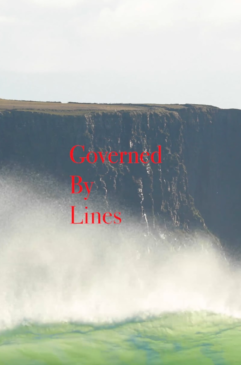
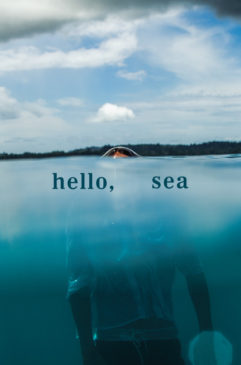
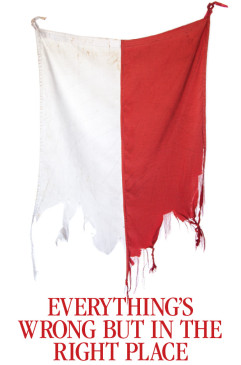


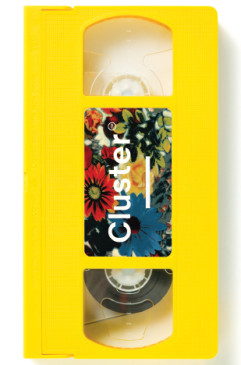
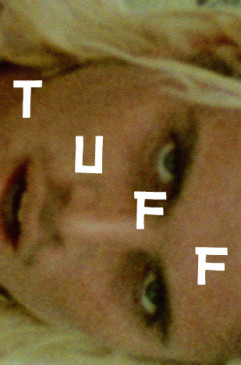
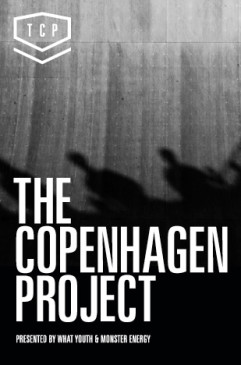
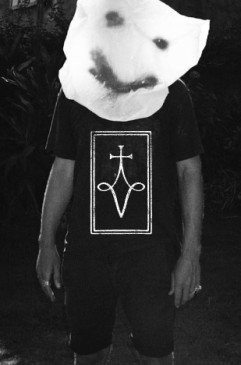

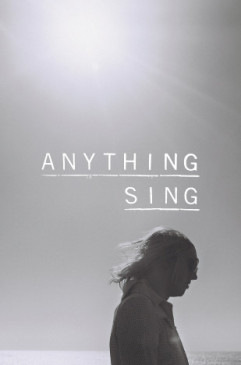


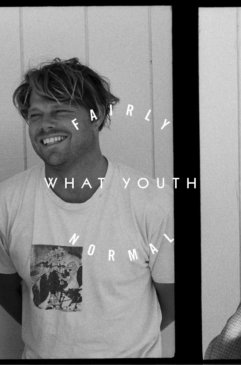

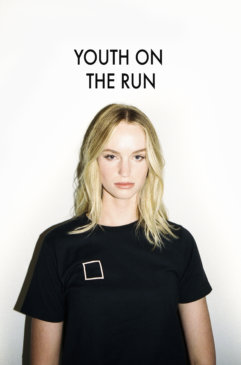
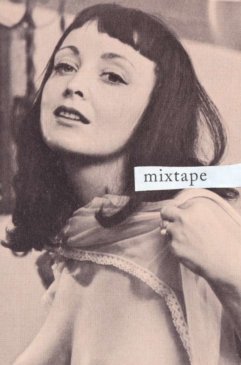




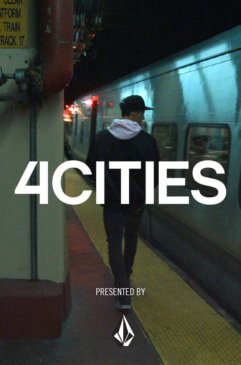
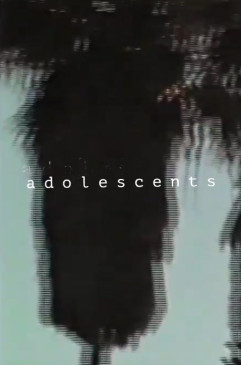
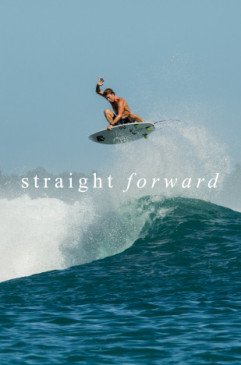
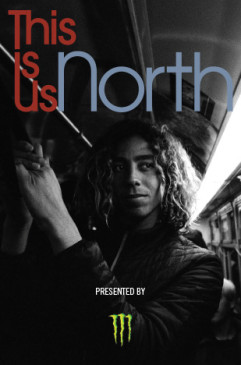
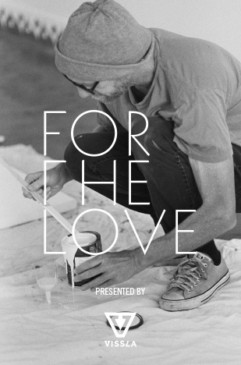
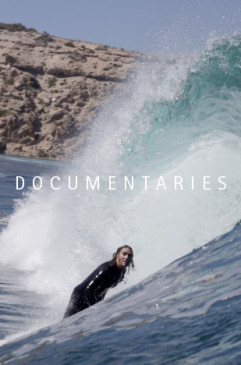
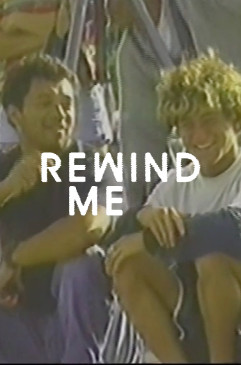
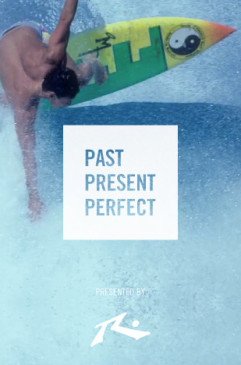
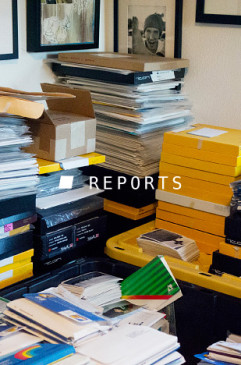
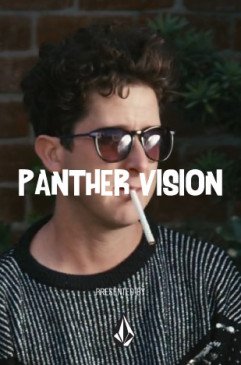
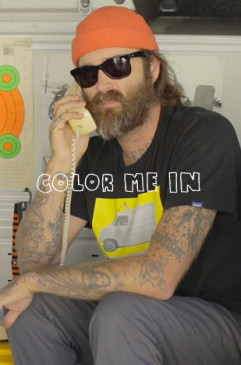
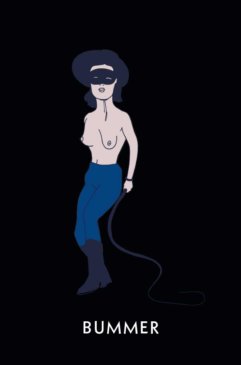
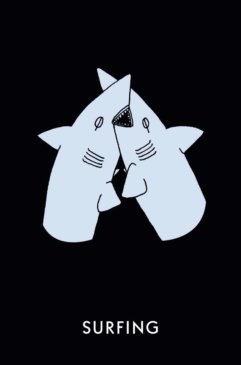

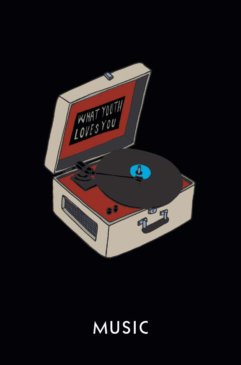

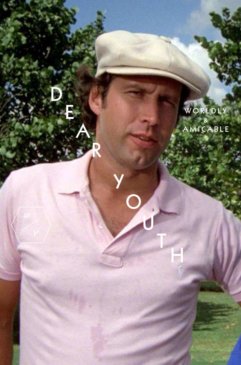
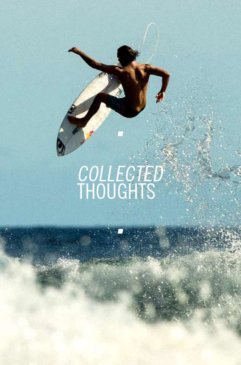







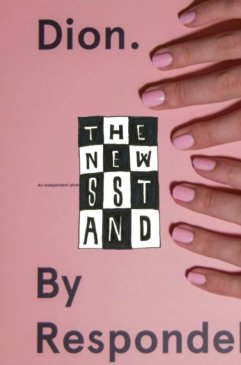

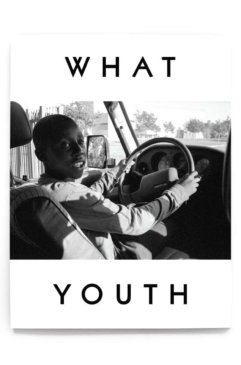
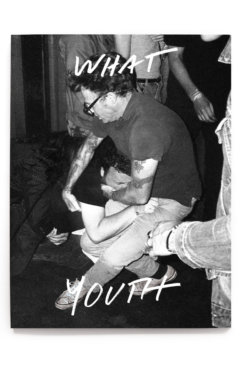
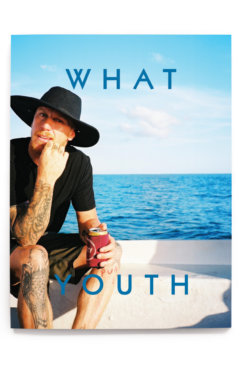
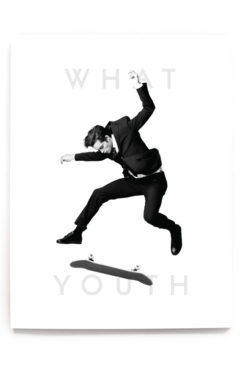
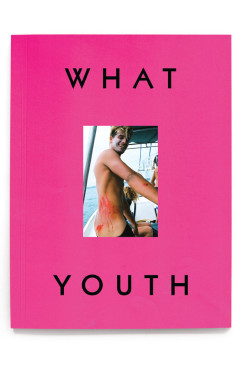
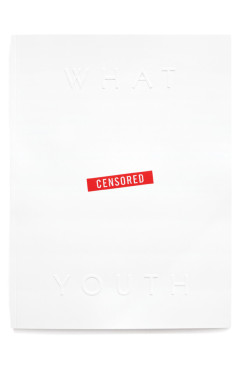
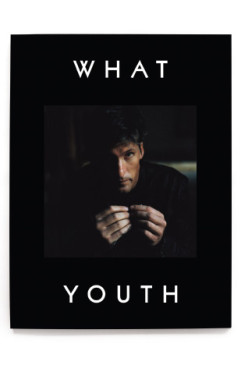
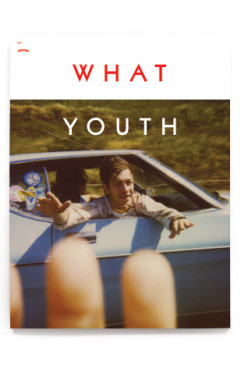
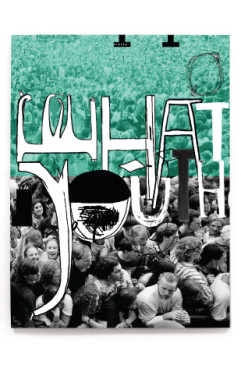
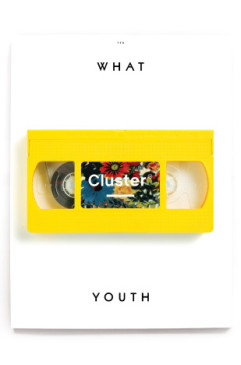
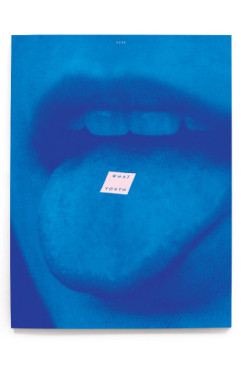


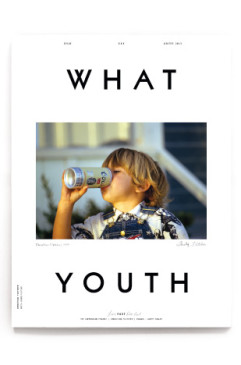
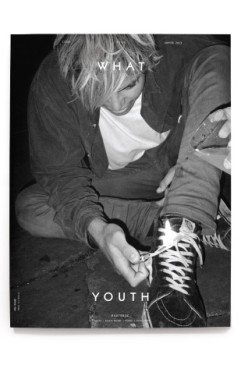
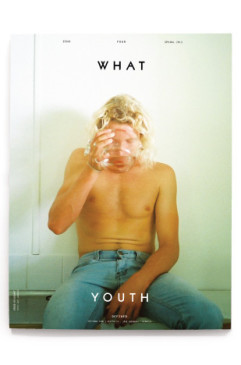
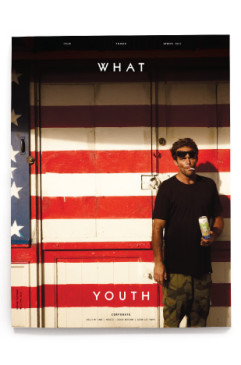


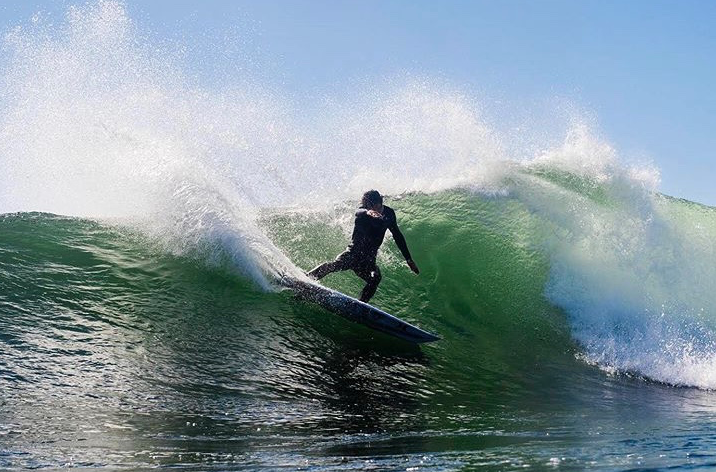
 NXT
NXT 

